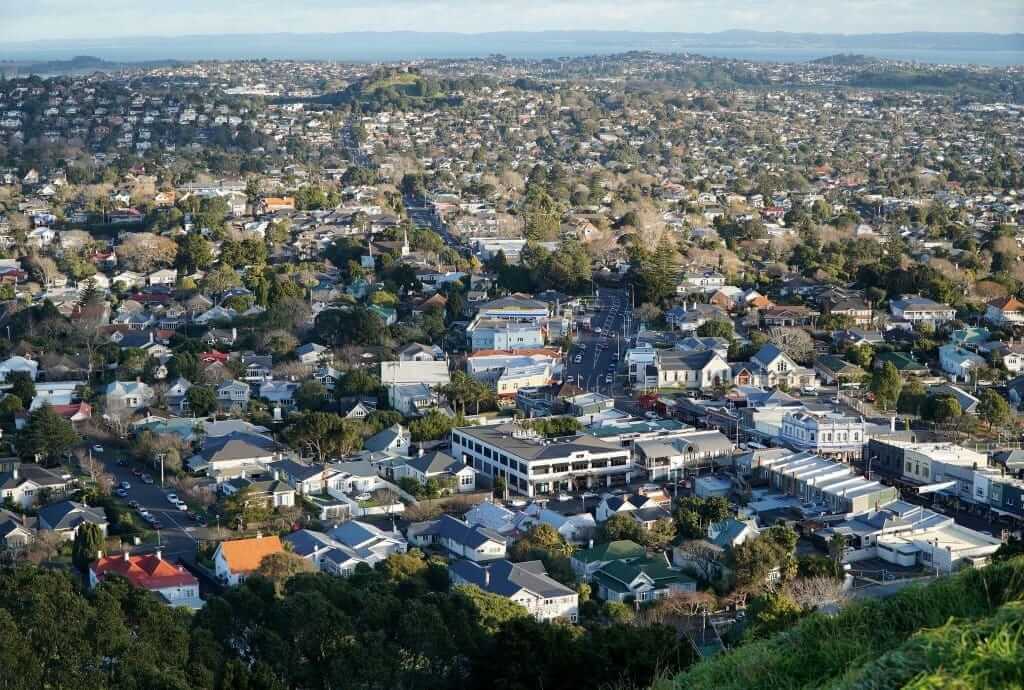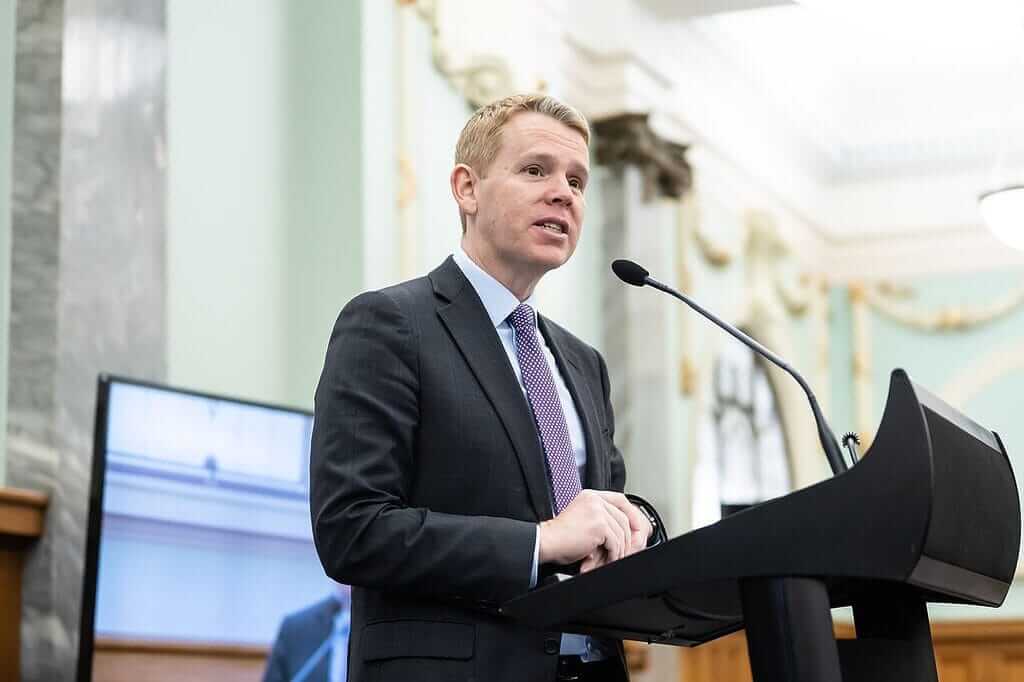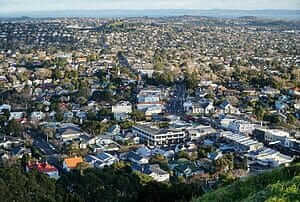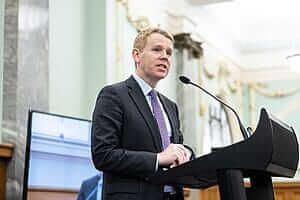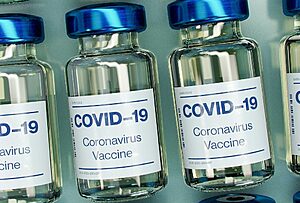Summarised by Centrist
Perhaps not surprisingly, a recent study showed that social harmony often drives us to align politically with those we like and disagree more strongly with those we dislike.
The study used virtual societies of simulated people called “agents” to uncover this simple mechanism dividing them into polarised political camps.
“If they met someone they agreed with, they adjusted opinions to defuse disagreements,” says lead author Simon Schweighofer. However, the opposite was true when agents disagreed.
This research shows how our personal connections impact political polarisation.
if an agent has a strong tendency to associate disagreement on an issue with personal dislike (meaning that disagreeing with someone on a political topic makes them also like that person less), this strong link pushes them toward the “extremes” of their beliefs. In other words, each disagreement deepens the divide, reinforcing their views and pushing them further apart from those they dislike.
So, when this link between issue disagreement and personal dislike is strong, people don’t just disagree on the issues; they start to dislike the people they disagree with. Over time, this cycle drives both sides further from the centre, making it harder to find common ground and making society more polarised. As Schweighofer concludes, “Increasing personal connection may be key to reducing political polarisation in real life.”

